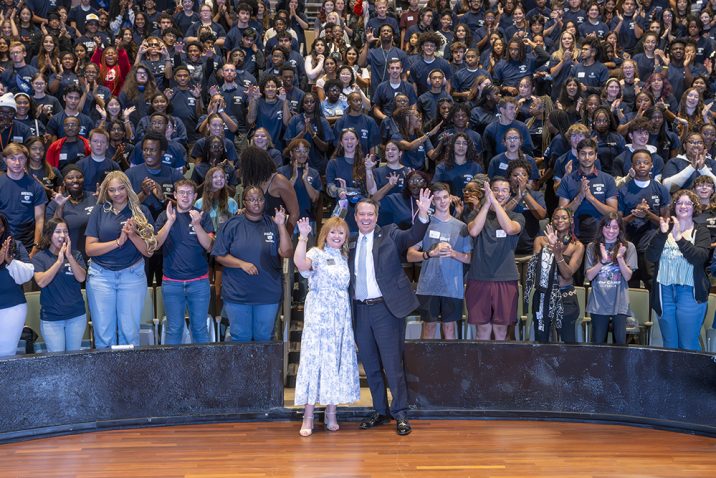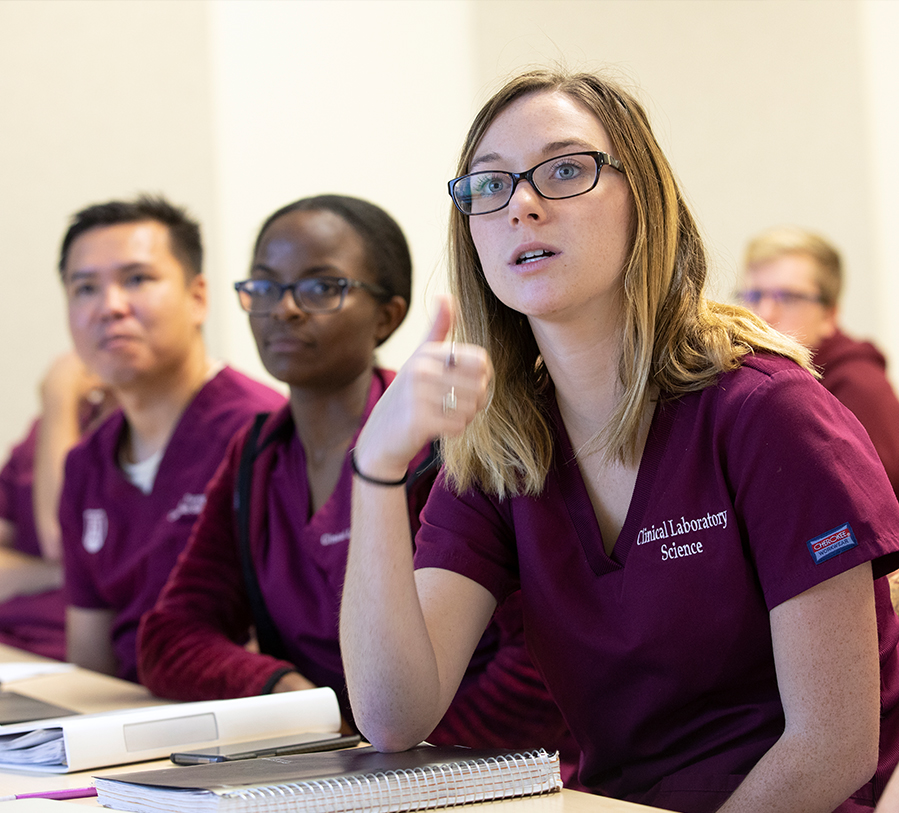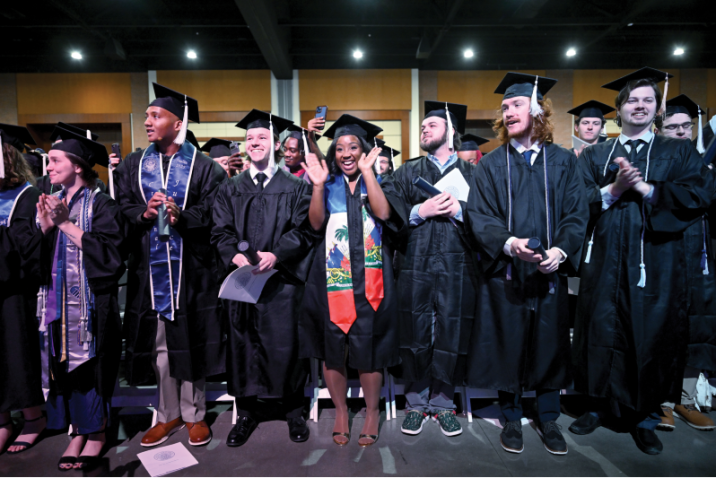Clinical Laboratory Science
Are you a science-minded individual who would like to use sophisticated equipment in a laboratory setting to analyze blood and tissue to detect for disease?
Clinical laboratory scientists, also known as medical laboratory scientists and medical technologists, are vital members of the health care team who perform the tests that inform the diagnoses and help direct the treatments. The clinical laboratory science program from the College of Allied Health Sciences’ Department of Allied Health Professions helps prepare students for a variety of pathways.
Augusta University is Georgia’s Health Sciences Center of Excellence, and we offer a one-of-a-kind experience. Join us to become tomorrow’s health care professional today.
Clinical Laboratory Science is for you if you consider yourself
Clinical Laboratory Science
Room: EC-3423, Health Sciences Building
987 St. Sebastian Way
Augusta, GA 30912
What You'll Study
Coursework
Students in the Clinical Laboratory Science program will receive education and training in clinical chemistry, hematology, immunology and microbiology, with additional coursework in education, clinical services delivery and research.
Course List | Track Sheet | Prerequisites & Deadlines | Accreditation
Experience-based Education
Outside the Classroom
Students gain valuable practical experience in a full spectrum of processes and techniques, preparing them for work in the field.
Hands-on experiences with the sophisticated equipment used in clinical settings ensures a smooth transition from the classroom to the work world.
Faculty members are active researchers, and both faculty and students are encouraged to present research at prestigious professional meetings.
Research & Innovation
Whether you're an undergrad or graduate student, you'll have opportunities to create your own research projects or work with faculty to tackle some of the world's most complex and pressing challenges.
Academic Health Center
Academic health centers teach tomorrow's health care professionals, and the only way to do this is to stay on top of the latest treatments and tools for a culture of continuous learning.
Your Future
Career Options
Clinical laboratory scientists are employed in general hospital laboratories, physicians’ offices, private labs, the armed forces, public health, medical research programs and pharmaceutical labs.
With more job openings than job seekers, employment opportunities are excellent and expected to grow faster than the average rate. In a clinical setting, beginning salaries for recent graduates with a bachelor’s degree in clinical laboratory services average $61,860.
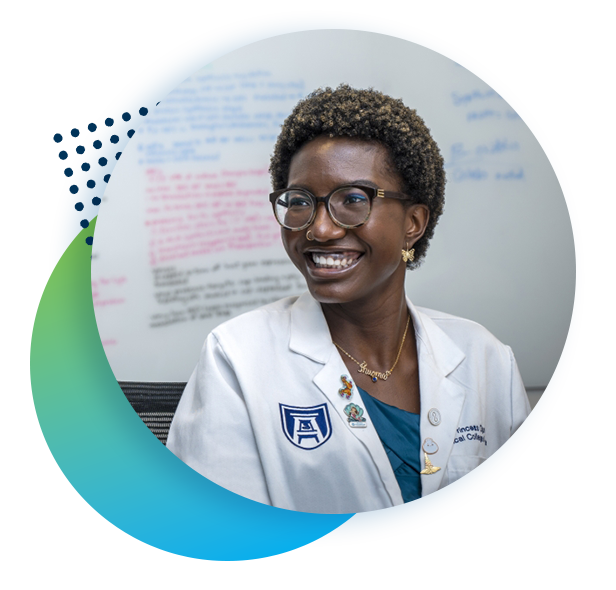
Why Augusta?
On-campus and online courses bring added convenience, and affiliation agreements with laboratories and clinical facilities across Georgia and the nation mean important field experience is available to all students.
Graduates are eligible to take the Medical Laboratory Scientist (MLS) certification exam administered by the American Society for Clinical Pathology.
A graduation placement rate hovering near 100% means Augusta’s graduates are in demand.
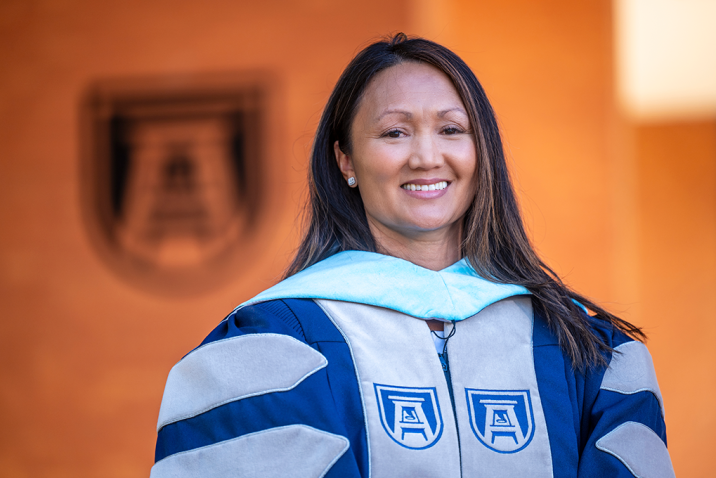
A lesson in persistence: Student and program director earns her EdD
A lesson in persistence: Student and program director earns her EdD